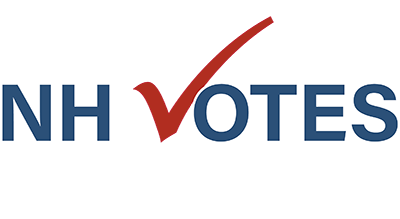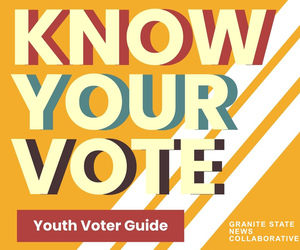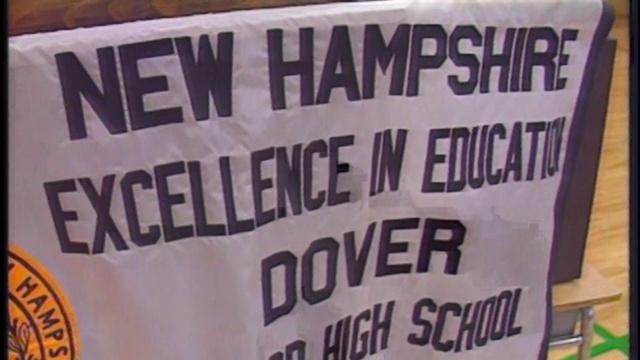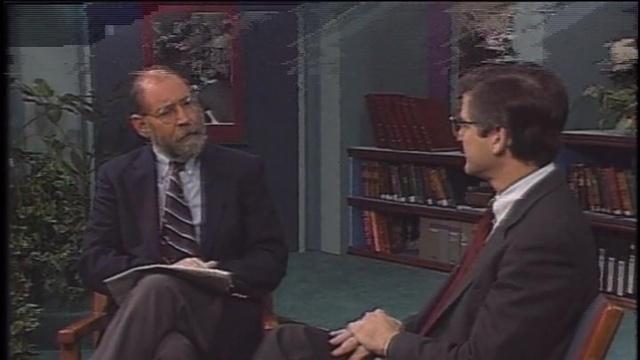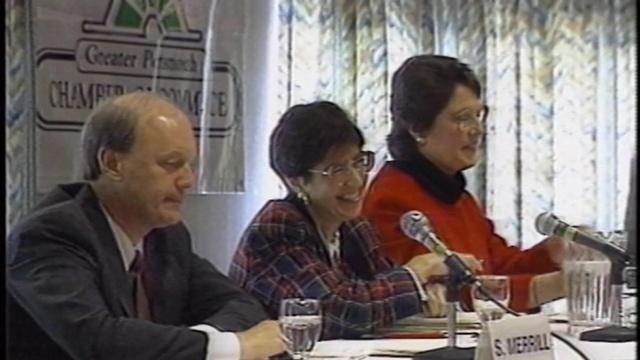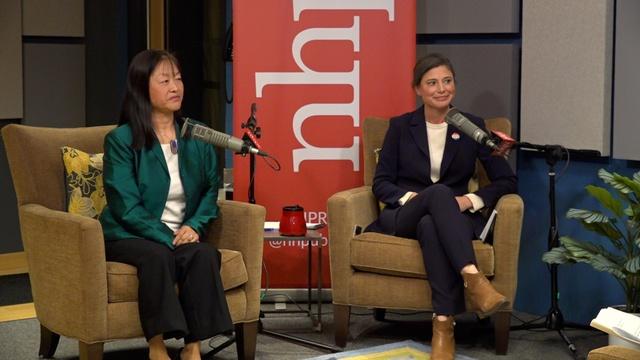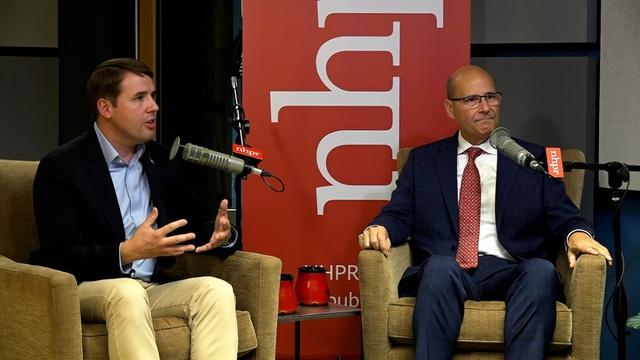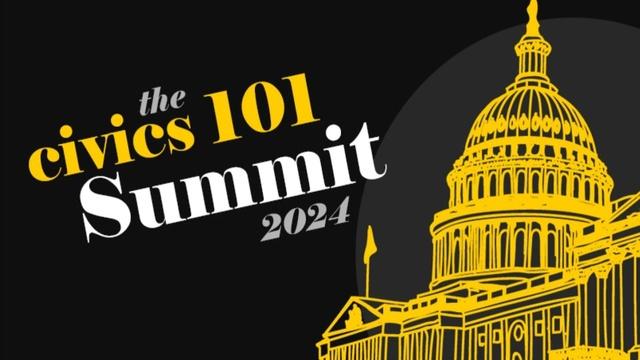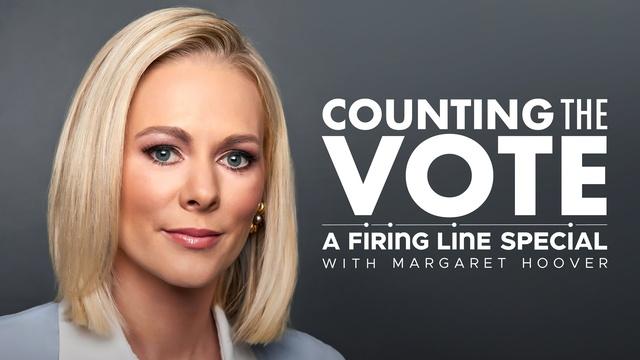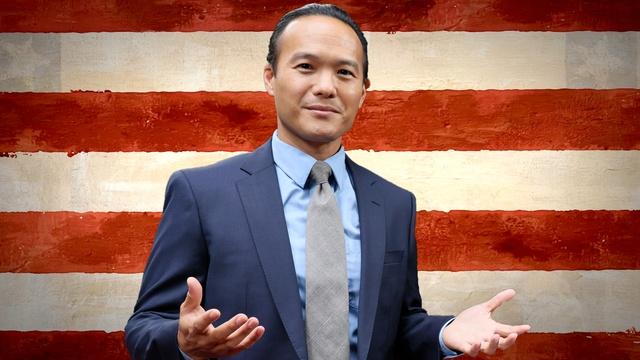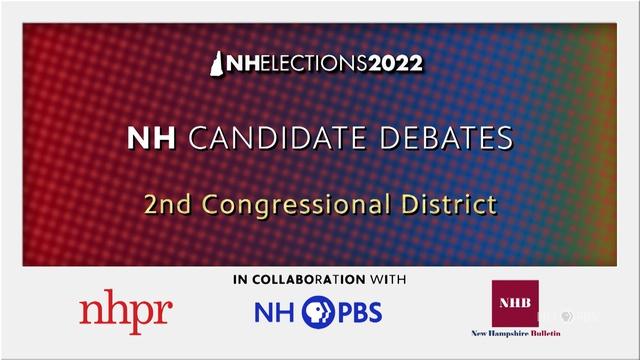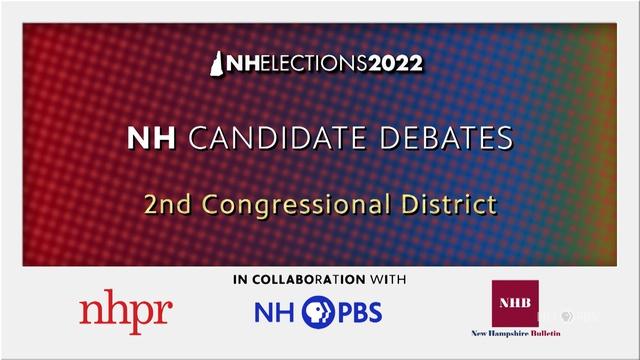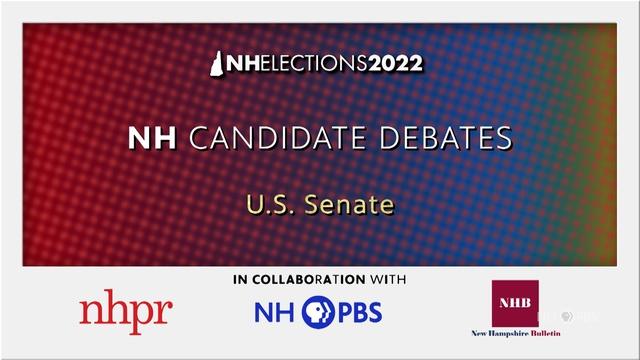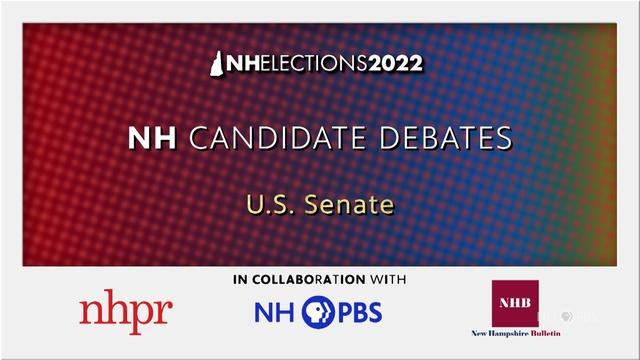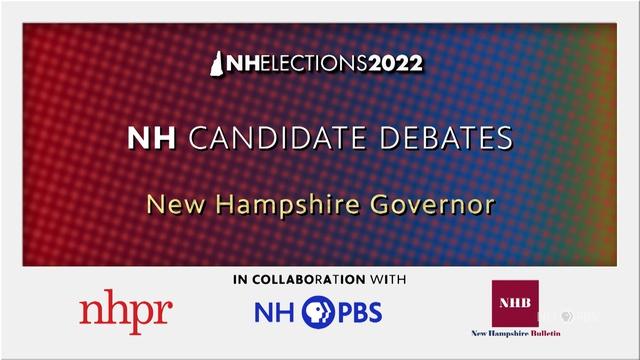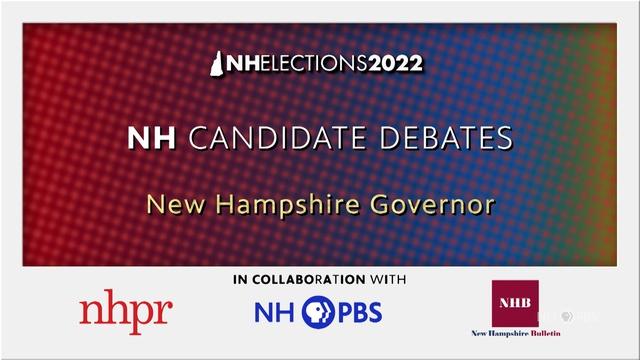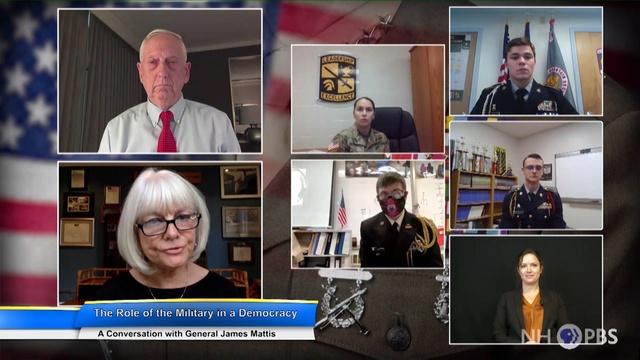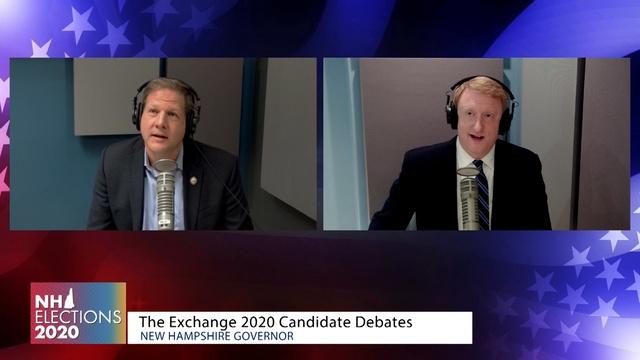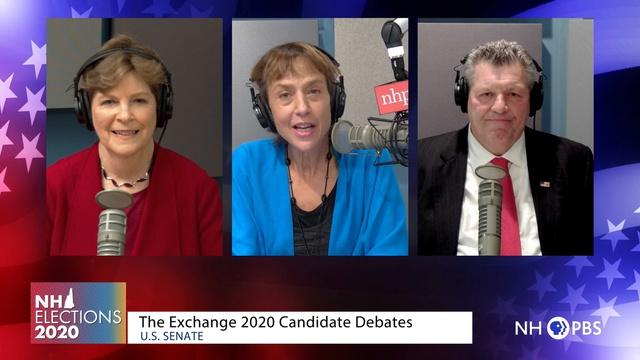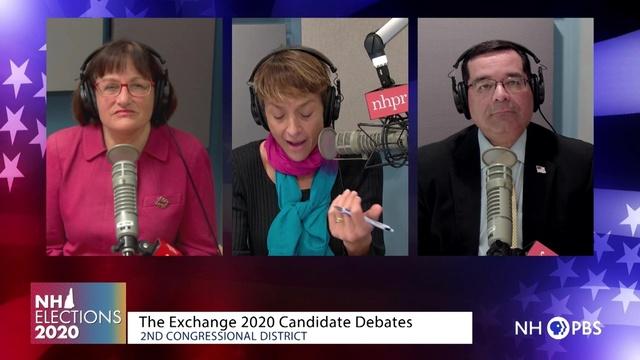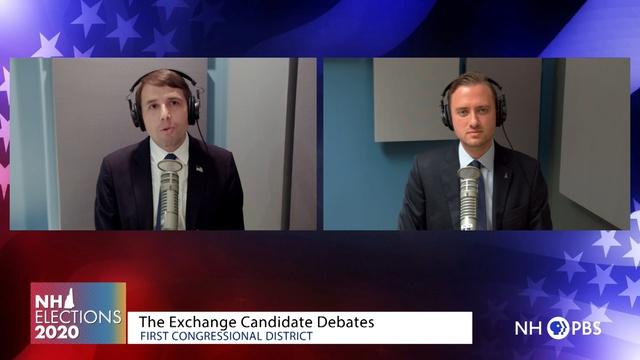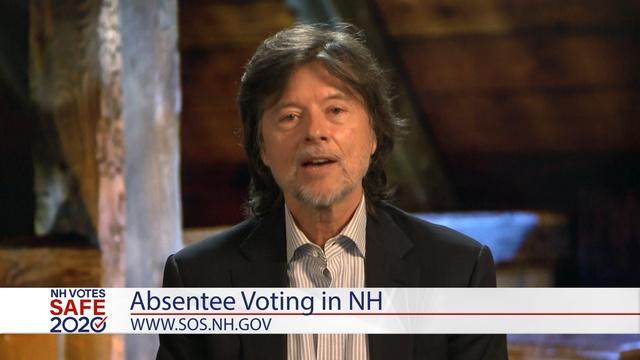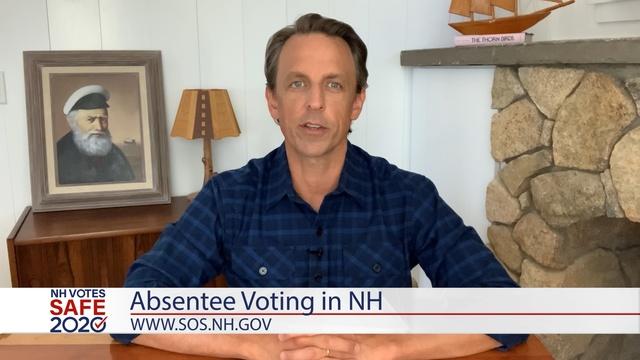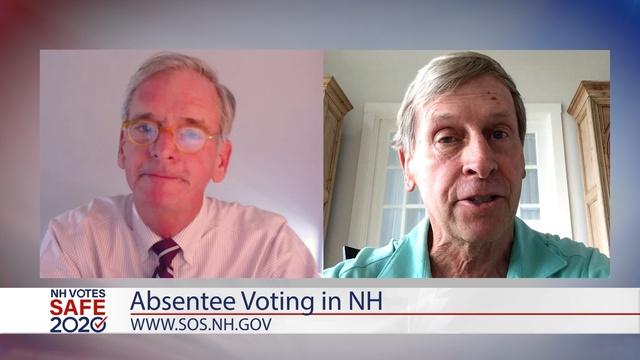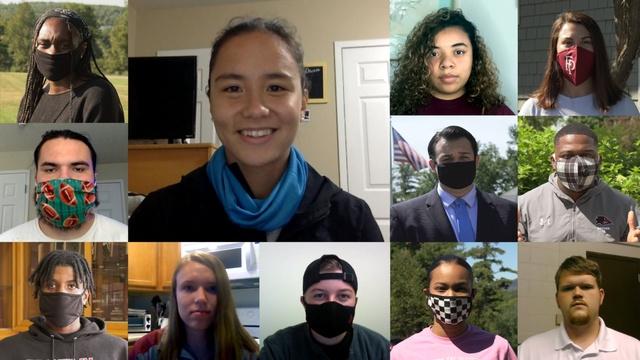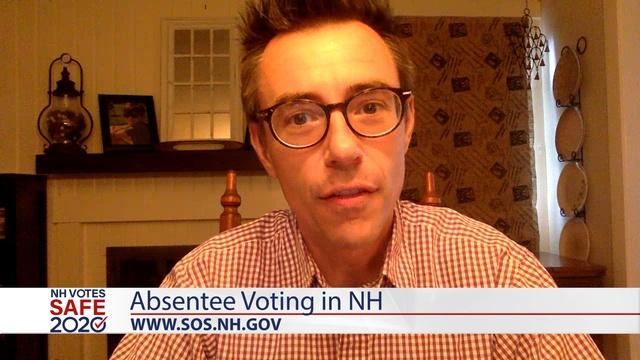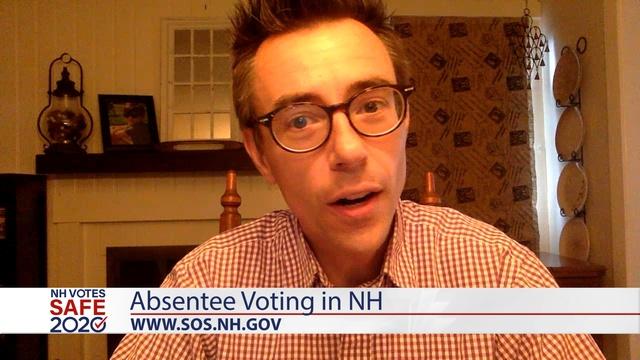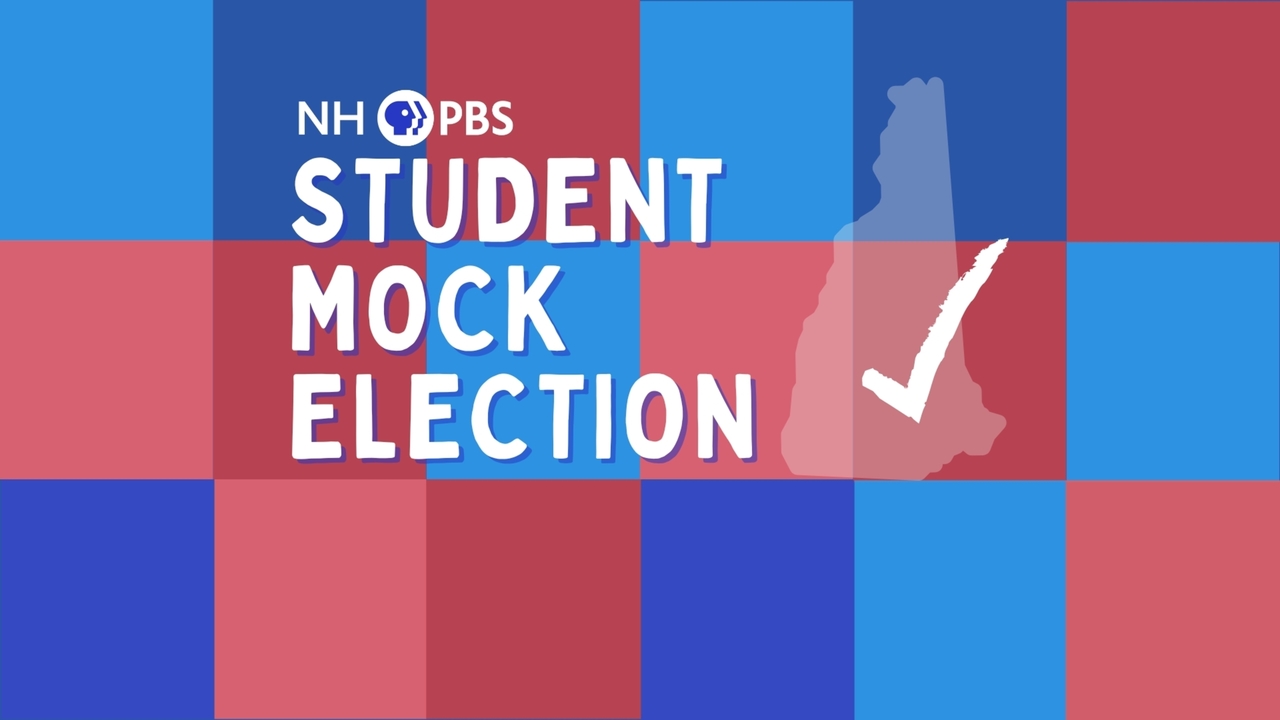How to Vote Absentee in NH
From: Concord Monitor
The Concord Monitor
Residents of every town may now ask for and receive advance ballots for the September state primary election and the Nov. 3 general election. That’s according to the Secretary of State’s office, which oversees the distribution of ballots in New Hampshire.
But just because the ballots are now available doesn’t mean the absentee voting process will be quick. If you’re a New Hampshire resident and interested in voting in the 2020 election – but you don’t want to show up to the polls in person – it’s a good idea to start preparing now.
Here’s a brief guide for what you need to do.
Can I vote absentee?
First, it’s worth assessing how you’d like to vote this year. The good news: You qualify to vote remotely. In anticipation of a wildly unpredictable global pandemic, the Legislature passed a law several weeks ago to expand who’s eligible for an absentee ballot for this year only.
Traditionally, New Hampshire law allows only certain people to vote by absentee ballots – those who know they will be out of town, have a religious commitment, a physical disability or are a victim of domestic violence, for instance. All others must appear at the polls in person.
But this year, that list also includes anyone who has been exposed to the coronavirus, or is simply worried about being exposed. In short, every voter in New Hampshire is allowed to stay home due to the pandemic.
If you’d like to, too, what you do next depends on whether you’ve voted before.
Do I need toregister to vote?
If you’ve recently moved to New Hampshire, or if you’ve moved towns since the last time you’ve voted, you will need to register to vote. If you just became old enough to vote or you have never voted here, you will also need to register.
If you’re not sure, it is always worth checking by calling your town clerk with a phone call.
Registration can be done in person at your town office, on any day between six and 13 days ahead of the election you are voting in. For example, if you’d like to vote in the Sept. 8 state primary, you could register in person in town between Aug. 26 and Sept. 2.
But you can also register to vote remotely. To do so, you will need to apply to your town clerk via a registration form, which you can download and print online or request to be sent by the town.
The form will ask that you fill out an affidavit stating that you are unable to appear before the supervisors of the checklist yourself because of either a disability or “concern for the novel coronavirus (COVID-19) disease.”
Once you send that form in, there may be a wait. The town might not process that registration application until that six- to 13-day window.
While you wait, you can apply for the ballot itself.
How do I apply?
Getting the ballots for the primary and general election requires a somewhat complicated back-and-forth of letters. First, you’re going to need to apply to your town offices to request them. You can drive by at any time from July 27 onward and send in that application yourself. Or you can do it by mail.
To get the ballot mailed to you, you’ll need to either print out an application for the ballot or request it to be sent to you by calling your town. That application will include a checkbox saying “I will be entitled to vote by absentee ballot because… I am unable to vote in person due to concern for the novel coronavirus (COVID-19).”
Check the relevant boxes, send the application back or drop it off yourself, and eventually your town will mail you the ballots for the elections you’re voting in.
How do I fill out the
ballot and send it in?
Complete your ballot by following the instructions carefully and filling in the ovals thoroughly. Make sure to pay attention to the question; some races will allow you to choose more than one candidate but not over a set number.
Once you vote, you should seal it up. Your absentee ballot will include two envelopes. The smaller one will contain your ballot itself: the anonymous tally of your decisions that won’t be opened until Election Day itself. Put your ballot in there and keep it safe until you can mail it.
The larger envelope contains an affidavit that you must fill out to attest that you qualify to vote absentee. Seal both, add your name, address and voting place, and mail the ballot back to the town. The Secretary of State’s office says that return postage will be prepaid, though the details of that have not yet been announced.
When is the deadline for mailing in my ballot?
There is no set deadline for when to mail absentee ballots in New Hampshire. However, the ballots must arrive at the town clerk’s office by 5 p.m. on Election Day in order to be counted in time. The Secretary of State’s office recommends voters mail the ballot no later than five days ahead of the election, just to be safe.
How can I track my ballot?
The state maintains a “Voter Look-Up” web page that allows you to track the status of both your voter registration effort and your ballot. Go to app.sos.nh.gov, fill in your polling place information and click the link at the bottom titled “What’s the Status of My Absentee Ballot.”
As a last resort, try calling the town clerk yourself to verify that you have been registered and your voted received.
The towns will hold onto both envelopes until close to the election. They can open the outer envelope up to a few days before Election Day itself to begin preprocessing the voter checklist. But the smaller envelope with the vote itself will remain sealed – and completely anonymous – until decision day itself.
Where can I get
more help or guidance?
The Secretary of State’s office is available by phone at 603-271-3242. The office will also establish a hotline closer to the election day, according to the office.
Beyond the secretary of state, it may be worth trying the state political party you support or feel comfortable with for detailed information about how to navigate the system.
(Ethan DeWitt can be reached at 369-3307, edewitt@cmonitor.com, or on Twitter at @edewittNH.)
These articles are being shared by partners in The Granite State News Collaborative. For more information visit collaborativenh.org.
Return to the
NH Votes
Main Page
Civics
Civics and civility are important for a thriving democracy because they allow citizens to participate effectively in the political process and to resolve their differences peacefully. When citizens are informed about their rights and responsibilities and when they are able to engage in civil discourse, they are better able to hold their government accountable and to work together to solve common problems.
New Hampshire PBS is partnering with NH Civics and the Marlin Fitzwater Center for Communication at Franklin Pierce University to promote civics and civility. Check out the latest events hosted by NH Civics.

